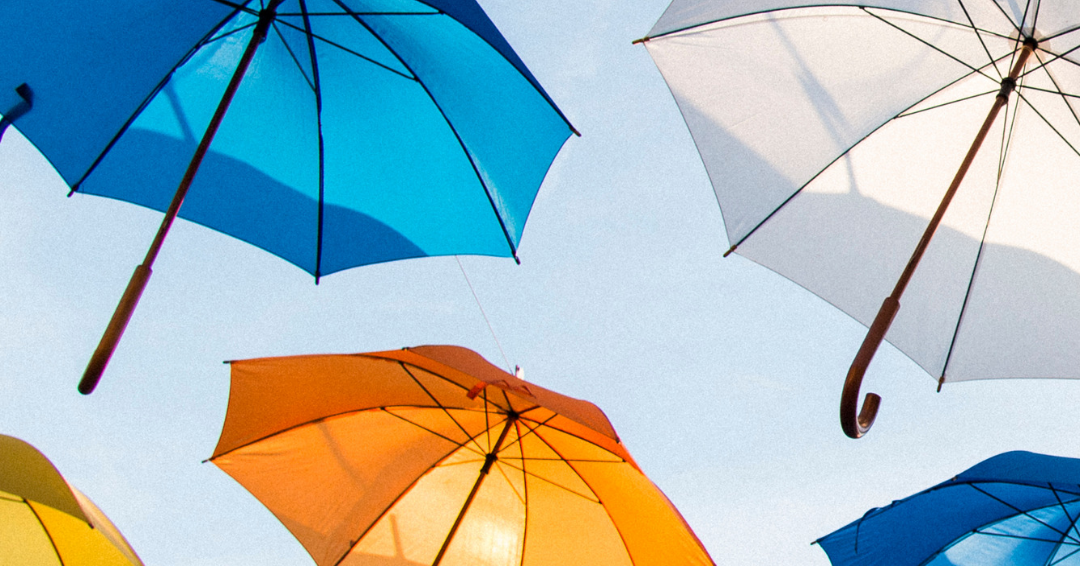
This means the exact same animals might react with two completely different responses for rain in a wet climate vs a dry climate, or in winter vs summer. However it’s important to realize the effects of weather on animals will always depend on local conditions and what resources are most lacking during a particular season.įor example: rain has a more significant influence on animal behavior in the desert than in the rainforest because water is more scarce in dry climates. These are all general observations you might make about local animals immediately before, during or after a significant shift in weather. Raccoons and bears hibernate during the winter deep freeze.Summer heat moves animals to seek shade and become more nocturnal or crepuscular.Hawks are more likely to hunt in open fields during foggy conditions.Deep snow sends deer to coniferous forests with shared trail systems.Mosquitoes bite more aggressively before it rains.


Birds gather in large groups and feed more aggressively before storms.Some common ways weather affects animal behavior:

This presents a great opportunity to gain deeper insight into the lives of local wildlife, and learn some amazing things about our environment. Wild animals are constantly outside, being affected by changes in cold, heat, rain, snow, wind & dry conditions. I’ve been interested in the relationship between weather and animal behavior since I first started studying nature as a teen. Why does this deer have snow covering its head but not the back? What is this telling you?


 0 kommentar(er)
0 kommentar(er)
